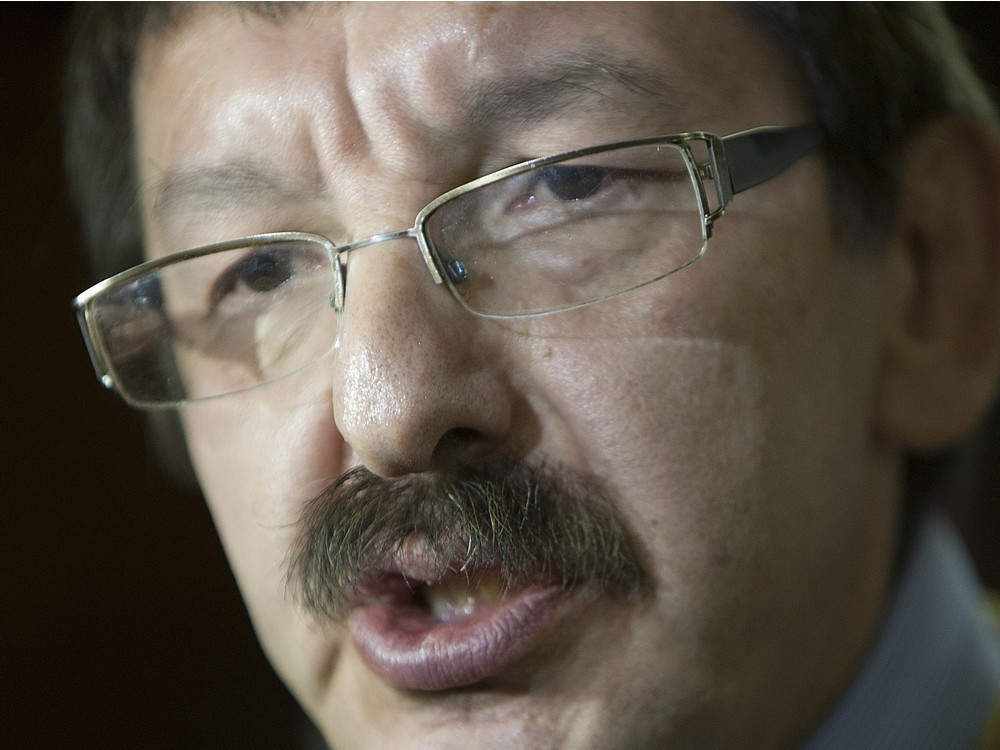-
Tips for becoming a good boxer - November 6, 2020
-
7 expert tips for making your hens night a memorable one - November 6, 2020
-
5 reasons to host your Christmas party on a cruise boat - November 6, 2020
-
What to do when you’re charged with a crime - November 6, 2020
-
Should you get one or multiple dogs? Here’s all you need to know - November 3, 2020
-
A Guide: How to Build Your Very Own Magic Mirror - February 14, 2019
-
Our Top Inspirational Baseball Stars - November 24, 2018
-
Five Tech Tools That Will Help You Turn Your Blog into a Business - November 24, 2018
-
How to Indulge on Vacation without Expanding Your Waist - November 9, 2018
-
5 Strategies for Businesses to Appeal to Today’s Increasingly Mobile-Crazed Customers - November 9, 2018
A primer on who qualifies as a Metis or non-status Indian
Abella said Thursday’s ruling was another chapter “in the pursuit of reconciliation and redress” in the long history between Canada and its Indigenous People.
Advertisement
Dwight Dorey, national chief of the Congress of Aboriginal Peoples, says the ruling should finally settle whether Metis and non-status Indians should receive the same programs, services and rights as First Nations and Inuit.
“Both federal and provincial governments have, alternately, denied having legislative authority over non-status Indians and Metis”, the ruling said.
The long-awaited ruling will have an impact on the relationship between the federal government and 600,000 Metis and off-reserve Indians across the country.
Speaking from Ottawa, President of the Aboriginal Affairs Coalition of Saskatchewan Kim Beaudin said the decision was a “watershed moment”, adding it gives hope to thousands of people, including his own family who have struggled with their identity.
Gerald Morin, vice-president of the Metis Nation Saskatchewan, said people should not get the impression that the Metis are suddenly tax exempt or have benefits that flow from treaties.
The unanimous 9-0 ruling stated non-status Indians and Metis should be considered Indians under the Constitution “and it is the federal government to whom they can turn”.
Harry Daniels, Gabriel Daniels, Leah Gardner, Terry Joudrey and the Congress of Aboriginal Peoples file suit against the federal government to resolve the question of which level of government has jurisdiction over Metis and non-status Indians.
Non-status Indians can refer to “Indians” who no longer have status under the Indian Act, or to members of mixed communities which have never been recognized as Indians by the federal government, the court ruled.
“I can guarantee you one thing, the path forward will be together”.
Ladner and Tait emphasized there are future implications for potentially improved relations and negotiations between Metis or non-status groups and the government, but they’re waiting to see how that plays out.
“We will look forward to engaging the government as to how these discriminatory practices should be removed”, he said.
The Supreme Court acknowledged in its ruling that the old system left indigenous people in “a jurisdictional wasteland with significant and obvious disadvantaging consequences”.
Advertisement
– Prime Minister Justin Trudeau.





























